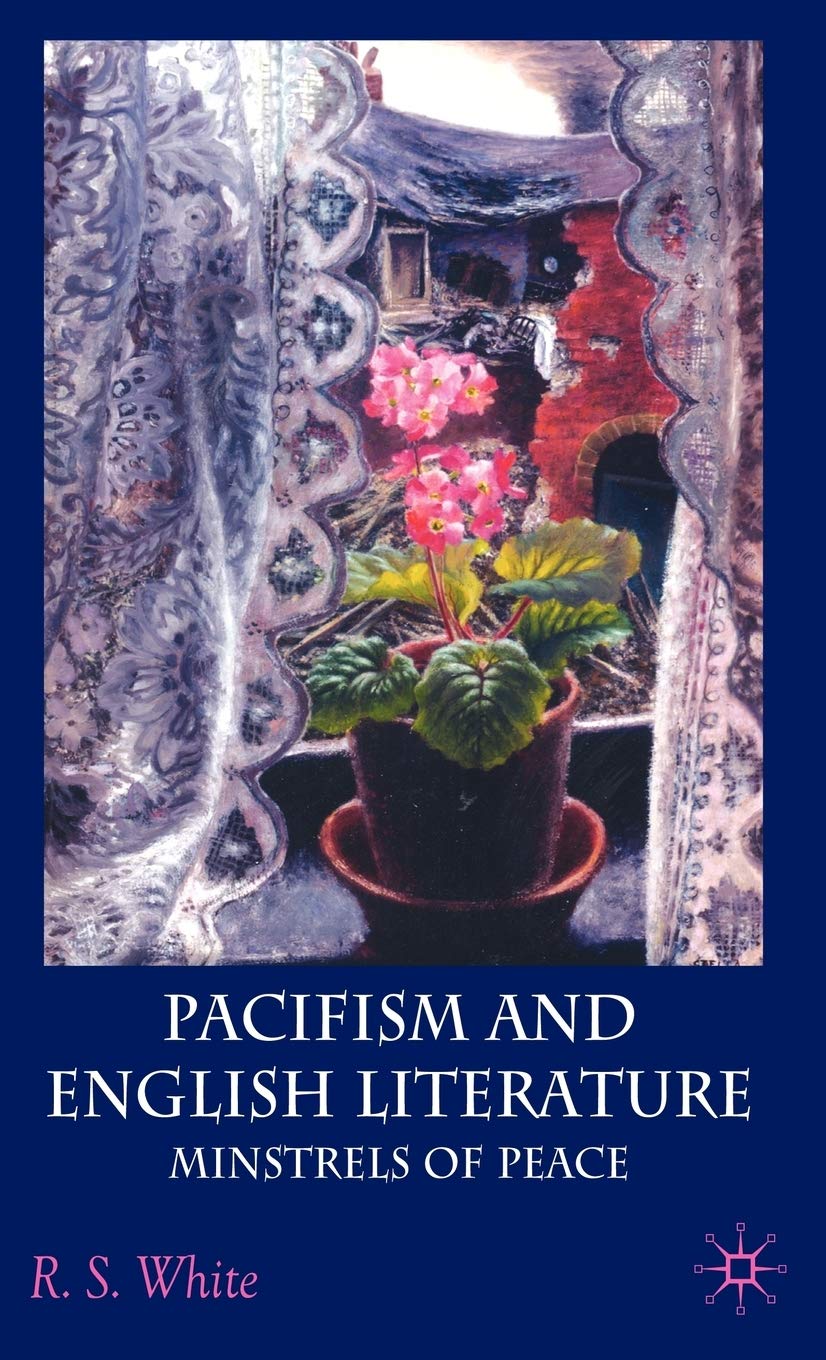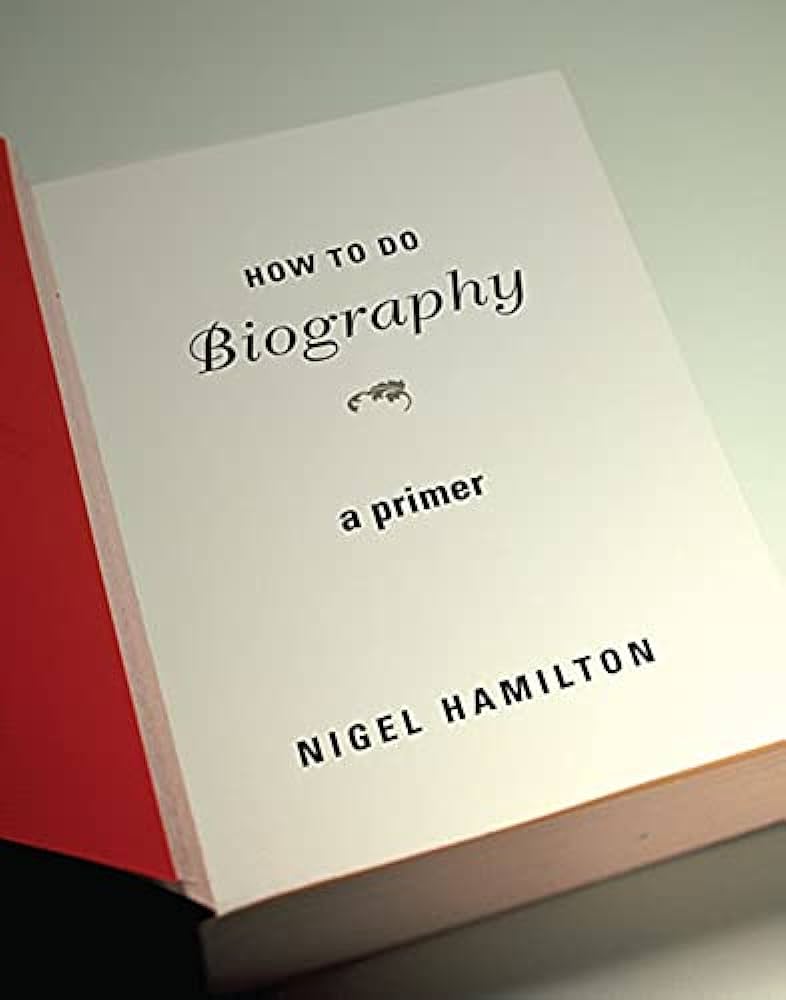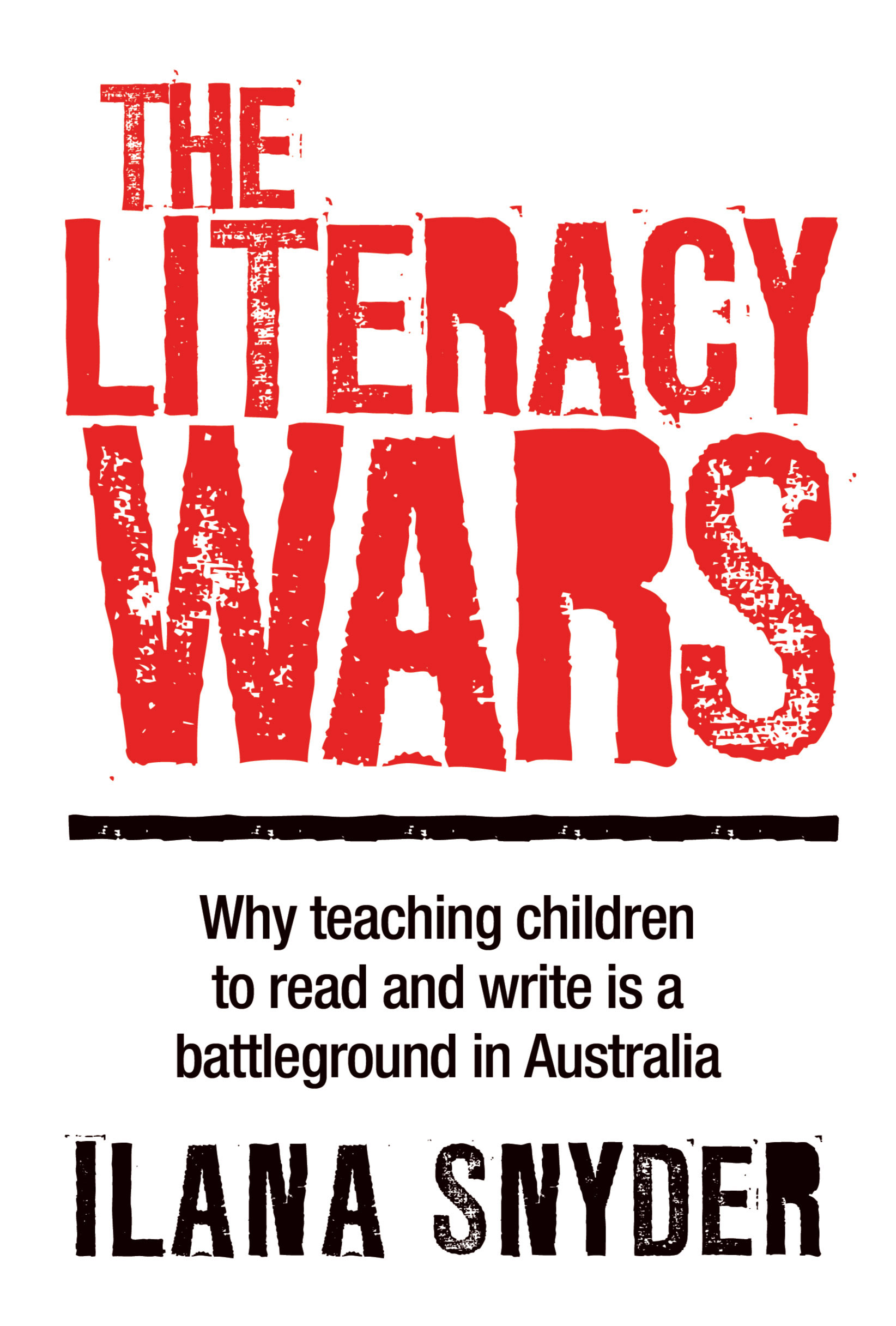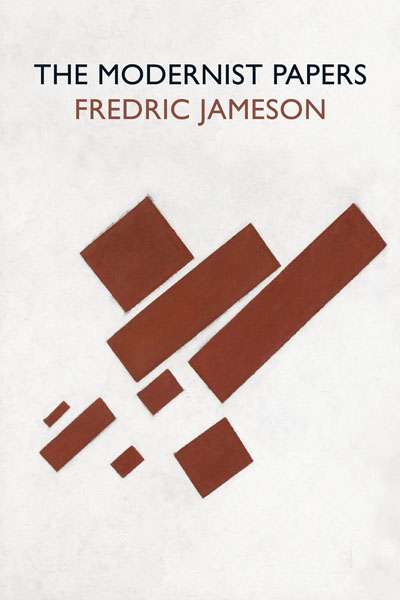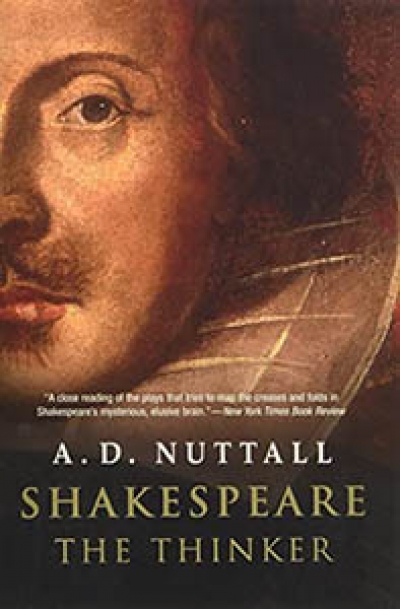Literary Studies
Book Self: The reader as writer and the writer as critic by C.K. Stead
by Gregory Kratzmann •
Pacifism and English Literature: Minstrels of peace by R.S. White
by Robert Phiddian •
The Literacy Wars: Why teaching children to read and write is a battleground in Australia by Ilana Snyder by Ilana Snyder
by Juliette Hughes •
The Cambridge Companion to Emile Zola edited by Brian Nelson
by Françoise Grauby •
The Higher Self in Christopher Brennan's Poems: Esotericism, Romanticism, Symbolism by Katherine Barnes
by Frances Devlin-Glass •
A Companion to Australian Literature Since 1900 edited by Nicholas Birns and Rebecca McNeer
by Peter Pierce •



